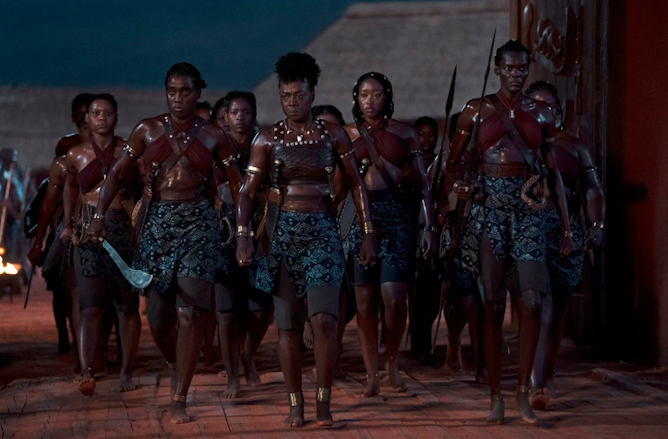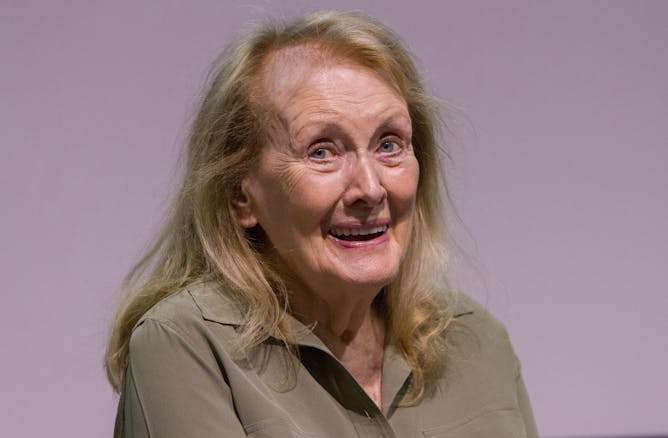|
A few times a week I read a book featuring the fictional locomotive Thomas the Tank Engine or one of his friends. I also regularly hear my partner speaking aloud the words of the series, conceived by Wilbert Awdry. While we do so mainly for the entertainment of our two-year-old son, recently a discussion began with our five-year-old daughter, who asked why Thomas needed a driver. And what really is the role of the Fat Controller, we wondered, given all the trains have personalities and can make decisions. But can they? Can you?
Our musings didn’t go much further, as bath time beckoned. Coincidentally though, Matyáš Moravec, a postdoctoral fellow in philosophy at the University of St Andrews in Scotland, has also been grappling with Thomas the Tank Engine, and come to a devastating conclusion: “while we humans might feel like we have free will, it is just an illusion”. Enter our world, dear reader.
Meanwhile, do take the time to read our complete coverage of this year’s Nobel Prize winners. Remember, at The Conversation we pair academic experts with professional journalists to explain often complex issues. Given the level of detail involved in much of the Nobel winning work, there can be no better place to read about it than here, where the authors have often spent decades themselves working on similar projects.
Have a great week.
|

George Sheldon/Shutterstock
Matyáš Moravec, University of St Andrews
Thomas the Tank Engine’s movements are restricted by the tracks, but he still thinks he’s free.
|

Ilze Kitshoff/Sony Pictures Entertainment/Tiff
Dominique Somda, University of Cape Town
This movie is absolutely worth seeing. But it’s best viewed with the awareness of its significant alterations of history.
|

Marco Destefanis/Alamy
Siobhán McIlvanney, King's College London
The French writer has won the Nobel for literature for her ascetic approach to writing and fearlessness in covering the personal and taboo.
|
|
|
-
Zhe Zhu, University of Connecticut; Su Ye, University of Connecticut
Artificial intelligence can spot differences in images from before and after a storm over wide areas in almost real time. It showed Hurricane Ian’s vast damage in Florida.
-
Aurélie Bröckerhoff, Coventry University; Mahmoud Soliman, Coventry University
The caves now serve as important safe spaces in an area designated ‘Firing Zone 918’ by Israel, as residents describe a growing wave of forced evictions and building demolitions.
-
Scott Lucas, University College Dublin
The autocratic regime of Ayatollah Khamenei is coming under pressure like never before.
-
Greg Raymond, Australian National University
Lone gunman incidents have been very rare in Thailand’s history.
-
Sébastien Pelletier, Université Laval
The St. Lawrence is one of the most difficult rivers in the world to navigate. It has been the site of collisions, groundings and shipwrecks. Several thousand wrecks lie beneath its surface.
-
Jules Sergei Fediunin, Institut national des langues et civilisations orientales (Inalco)
Putin’s annexation speech was heavy on ultranationalist references. Understanding Russia’s far right figureheads and what they stand for is now essential for deciphering the Kremlin’s war strategy.
|
|